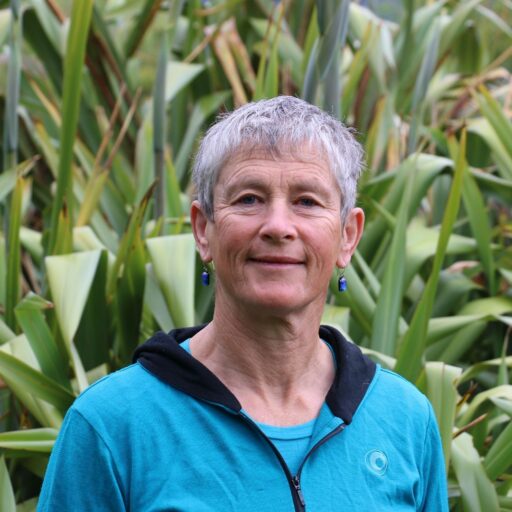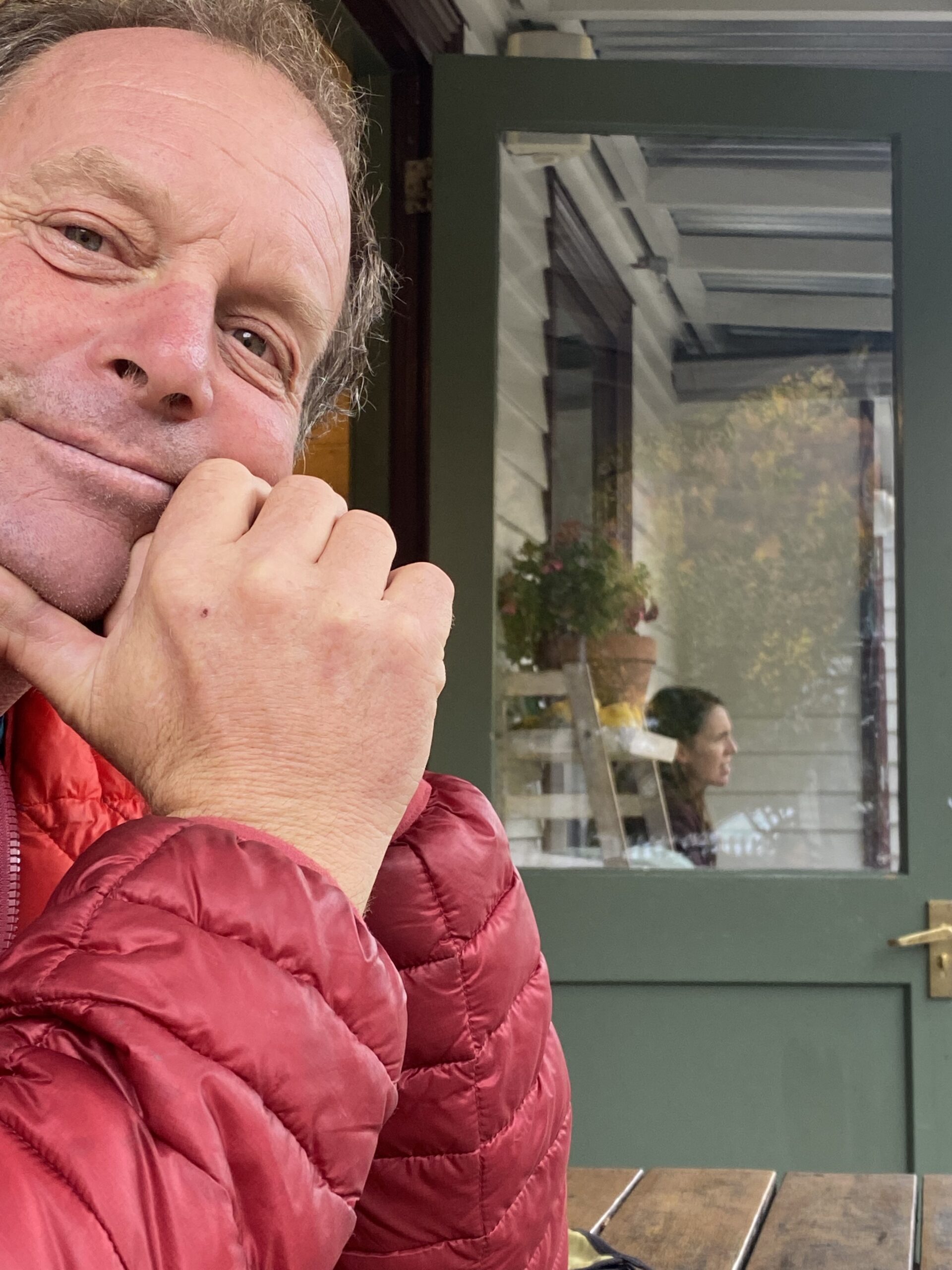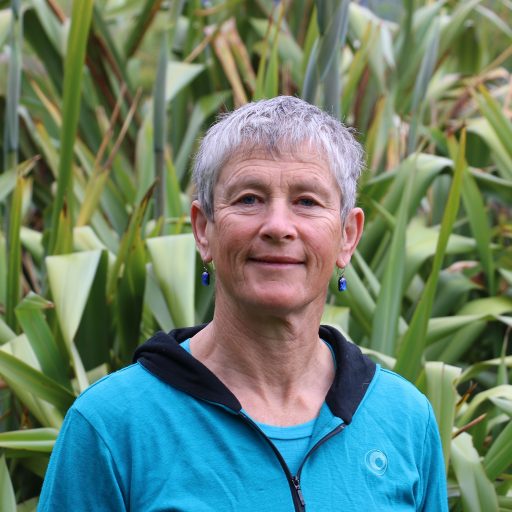More lovely absence of people – Chris on the new Coronet Loop mountain bike trail 52km Arrowtown to Arrowtown via Bush Creek, Coronet Face, Skippers Saddle, Greengates Saddle, Deep Creek, Arrow River
Absence can be a positive or a negative and its weight is totally relative to the person feeling the absence. For me, absence of people in the back country is a huge positive, as is a relative lack of people where we live. Why do I love places where there aren’t people, when I spend quite a bit of time being social? I don’t know, other than I love the absence of human beings! I was laughing internally when a new neighbour remarked upon how she likes their house’s view of Nevis Bluff because she can see car headlights. Car headlights makes her feel less lonely. Less lonely seeing car headlights? I would rather see no signs of human habitation and the presence of car headlights, as evidence of humans to whom I have no particular attachment, would be unlikely to make me feel less lonely.
Absence of items on supermarket shelves in Auckland is a symptom of Omicron that a few friends and colleagues have remarked upon of late. Is there a good to be taken out of empty supermarket shelves? I am not going to argue strongly for this, other than to say that a lack of things to buy could be a good if it dissuades people from existing to shop, rather than shopping to exist. However, bare supermarket shelves is likely to inspire people to buy more, rather than less, as they envisage a future lack of critical goods and therefore wish to stock up. What has interested me is the relatively phlegmatic (or is it resigned) tone of the people telling me about the phenomenon. Are Aucklanders accustomed to semi-bare supermarket shelves? Or is their life now so far removed from their previous normal that they are surprised by little?
Absence of a family member or friend from your life because they live somewhere else on the planet is yet another form of absence. Three generations ago such absence would have been a given – if you departed your home country for other shores as an immigrant, you didn’t expect to return and you didn’t expect to see family members again unless they decided to emigrate too. You wrote letters if you were so inclined and had time, materials and writing/reading skills appropriate to the job. Or you got on with life in your new land and left the old places and people behind.
Today we cannot escape past ties so easily. I was talking with a friend about her feelings of obligation to visit family members in Australia and the UK, as she hasn’t seen them in some time. She doesn’t think she can visit with them for more than a small number of days – there is a lot of effort involved to travel such a distance to see someone very briefly! I remarked that it might be easier if we had the weight of such obligations removed from our shoulders – if we simply couldn’t travel because it wasn’t within our personal carbon budgets, we could shuck off the obligation and resort to Zoom alone.
The weight of absence is partly related to our expectations in relation to that absence. If absence is expected, then it has far less weight than absence that is unexpected. If we have been accustomed to travelling the globe regularly to visit family and friends, we regard this as a right (as well as an obligation) and feel the lack of our right and the expected visits. I find it interesting that COVID has still not shifted many people’s views of the necessity of being able to physically connect internationally, despite it not being a historical norm or necessary good for the planet. We appear to expect things in our lifetimes will change for the better, the freer, the more available; we are definitely not accustomed to a closing down of options.
The weight of absence is also related to our perceptions of the likely longevity of absence. We believe we can visit our family overseas again at some point, or they can visit us, so their absence is not felt as a permanent hole and we may well not feel as inspired to up those numbers of Zoom calls as we would if we knew travelling would no longer take place. If we believe the supermarket shelves will likely fill up again we won’t hoard goods; perhaps we have become accustomed to them emptying and then refilling in COVID times so we don’t react as strongly as in early COVID lockdown days when we didn’t believe the shelves would stay full (although in actuality they were rarely empty).
Do we constantly fool ourselves about longevity of absence? And that is why death comes as such a major mental shock because we can no longer pretend that absence is temporary? Death creates a void that can never be filled, around which we have to learn to live. With true knowledge of absence its true weight can be felt. If there is an AF8 earthquake and the bridges across the Kawerau break such that vehicles can no longer travel into Gibbston valley, will I be wishing for a view with twinkling headlights telling me that travel to and from my home remains an available option?


Discover more from Jane Shearer
Subscribe to get the latest posts sent to your email.



